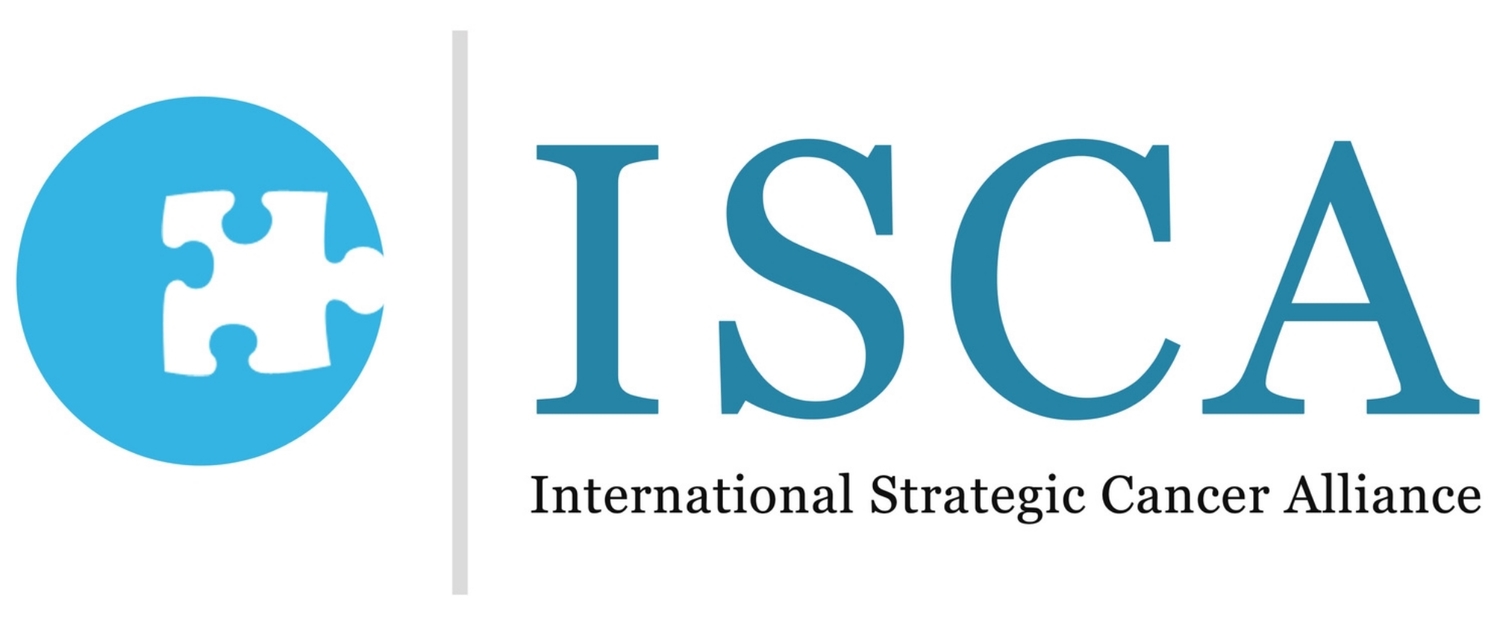In particular, it is possible to isolate tumor cells from the peripheral blood of individuals with cancer. By means of the genetic characterization of these cells, high-risk and low-risk individuals can be identified. High-risk individuals may benefit from adjuvant therapies. Resistance factors can be identified in these cells which can provide important information for setting up an optimized therapy. Molecular analysis may facilitate decisions about the:
- Early initiation of therapy
- Targeted, patient-specific therapy
- Identification of resistance
- Monitoring of therapy response
The analysis conducted is a two-step process. In the first step they try to detect disseminated cancer cells from the bloodstream. Depending on the underlying type of tumor disease, we choose a panel of parameters which are relevant for the detection of disseminated cancer cells originating from this type of tumor. If disseminated tumor cells are detected, the individuals may be considered as high risk for a possible relapse.
In a second step, we analyze the tumor cells for chemo-sensitivity and resistance markers to choose an appropriate therapy. Since different tumors are treated with different drugs, the actual panel of drug modalities depends on the underlying type of tumor.

